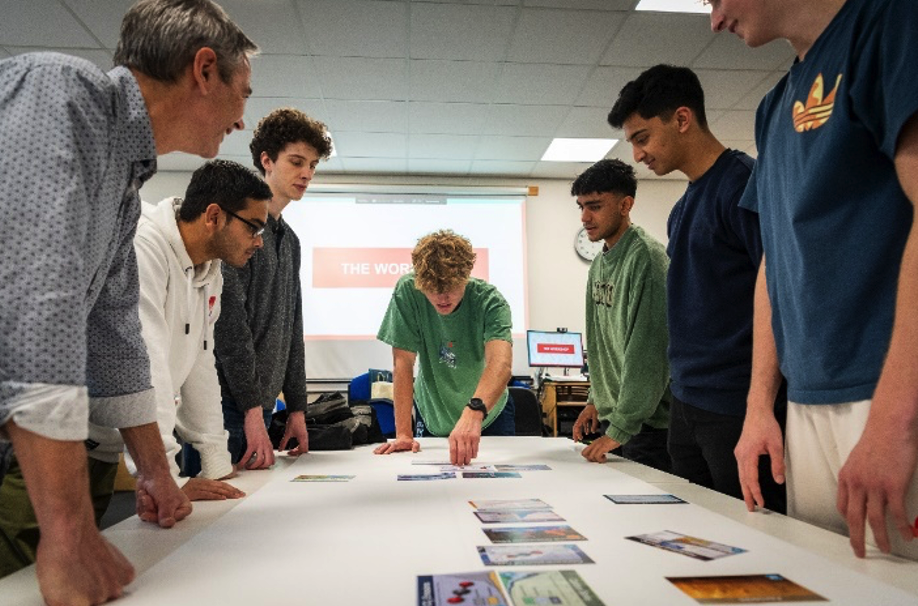How do teachers understand ‘sustainability’ across different subject areas and disciplinary approaches? How present is sustainability in the University of Bath’s courses? As part of a series organised to support the recently launched Green Impact programme, colleagues from across the university came together for a workshop focused on ‘Embedding Sustainability in Education’. The session was led by Professor Steve Cayzer, Chair of the University’s Climate Action Education Advisory Group and Director of Studies of the Decarbonisation MSc, Dr Richard Mason, Curriculum and Academic Developer in the Centre for Learning and Teaching, and Georgia-Rose Gleeson, Sustainability Engagement Officer.
From high-level principles to course and unit design: frameworks for sustainability education
The session began with a recognition that sustainability has a central place within the institution’s educational strategy: ‘Citizenship and Sustainability’ is a guiding curriculum principle, and the university’s Climate Action Framework includes an explicit commitment to fostering a world-class reputation for climate and sustainability education. Furthermore, Bath has several innovative courses where climate and sustainability are central to teaching and learning, such as the Decarbonisation MSc. But how can the university’s high-level commitments be translated into meaningful provision for all our students? One starting point, for both teachers and students, is to map existing course content against the UN Sustainable Development Goals, which offer a widely recognised framework for defining sustainability, with seventeen goals ranging from ‘No Poverty’ to ‘Peace, Justice and Strong Institutions’, and which include ‘Quality Education’ as a priority for sustainable futures. Alongside the SDGs, the workshop also covered alternative frameworks for conceptualising and auditing sustainability: the ‘Triple Bottom Line’, ‘Planetary Boundaries’ and ‘Doughnut Economics’. Recognising that each has its advocates and critics, Professor Cayzer stressed that the limitations of a particular model can serve as valuable spurs to students’ critical reflection on sustainability.
Sustainability: more than just an ‘add-on’
Group discussion then focused on practical strategies for incorporating sustainability into the curriculum, loosely focused on the education-focused actions contained within the Green Impact scheme: from auditing the curriculum for sustainability topics, to encouraging sustainability focused dissertations and extra-curricular activities. Lively discussion from colleagues from across the university’s Faculties and School of Management generated common areas of interest: mapping courses and units against the SDGs; making sustainability integral to the curriculum, rather than an ‘add on’; or the pedagogic approaches best suited to sustainability education, from problem-based learning to vertically integrated projects. There was a recognition of the challenges involved, but also a sense of collective focus and energy, which was really motivating to witness.
Available resources for your sustainability curriculum
Richard Mason then outlined the sustainability education resources available to staff via the Centre for Learning and Teaching’s Hub. These include inspiring case studies where staff are already integrating sustainability into their courses: a course-wide approach to sustainability skills in Electrical and Electronic Engineering, championing student voice and prioritising social justice in Chemical Engineering curriculum design, or mobilising the SDGs in the new MA Education. Staff are also encouraged to explore a SharePoint toolkit dedicated to Education for Sustainable Development that contains a wealth of resources, from short, accessible videos on sustainability competencies, to frameworks for staff development workshops. This is a great place to start for staff wanting an overview of the topic, as well as those wanting support with the Green Impact education actions!
The Centre for Learning and Teaching is here to support sustainability education
Do you want to discuss how you might enhance sustainability education in your discipline? Perhaps you, or one of your colleagues, are engaged in teaching that might be suited to a sustainability case study? Maybe you want to discuss how you can achieve the education-focused Green Impact actions? Please be in touch with Richard Mason (rfm30@bath.ac.uk) if so!
Respond

